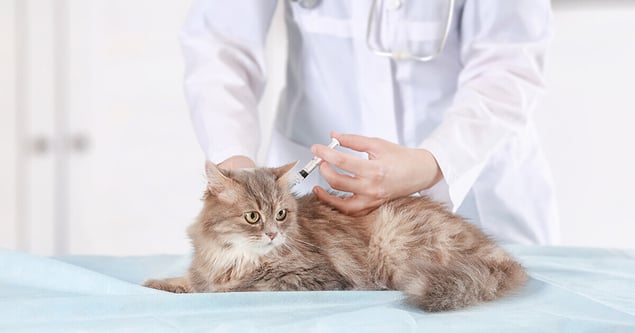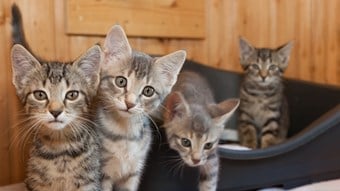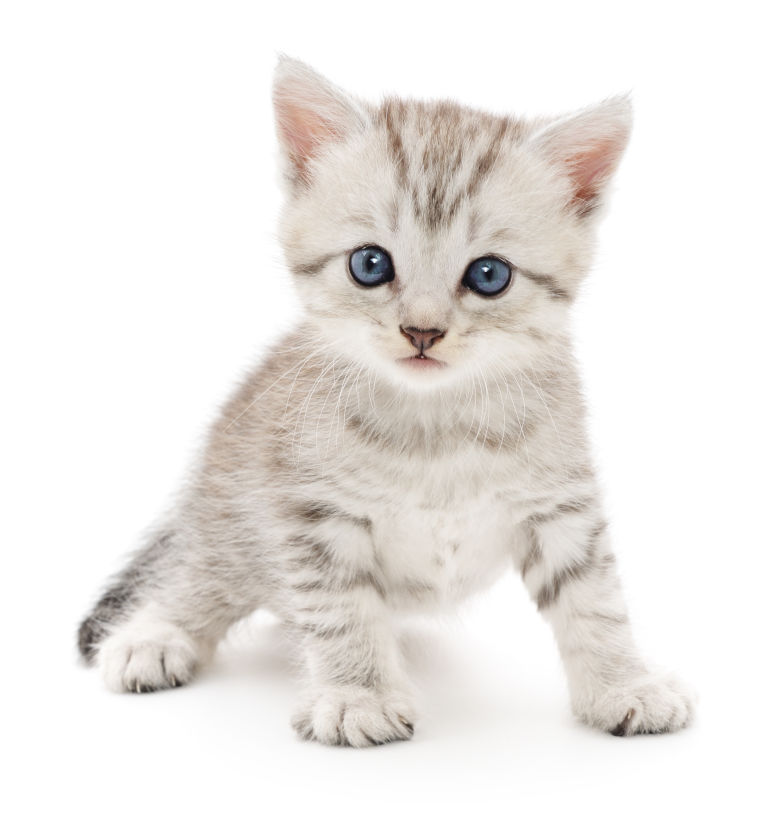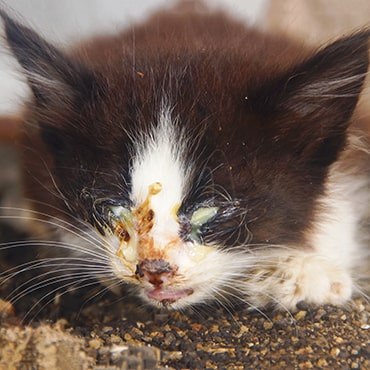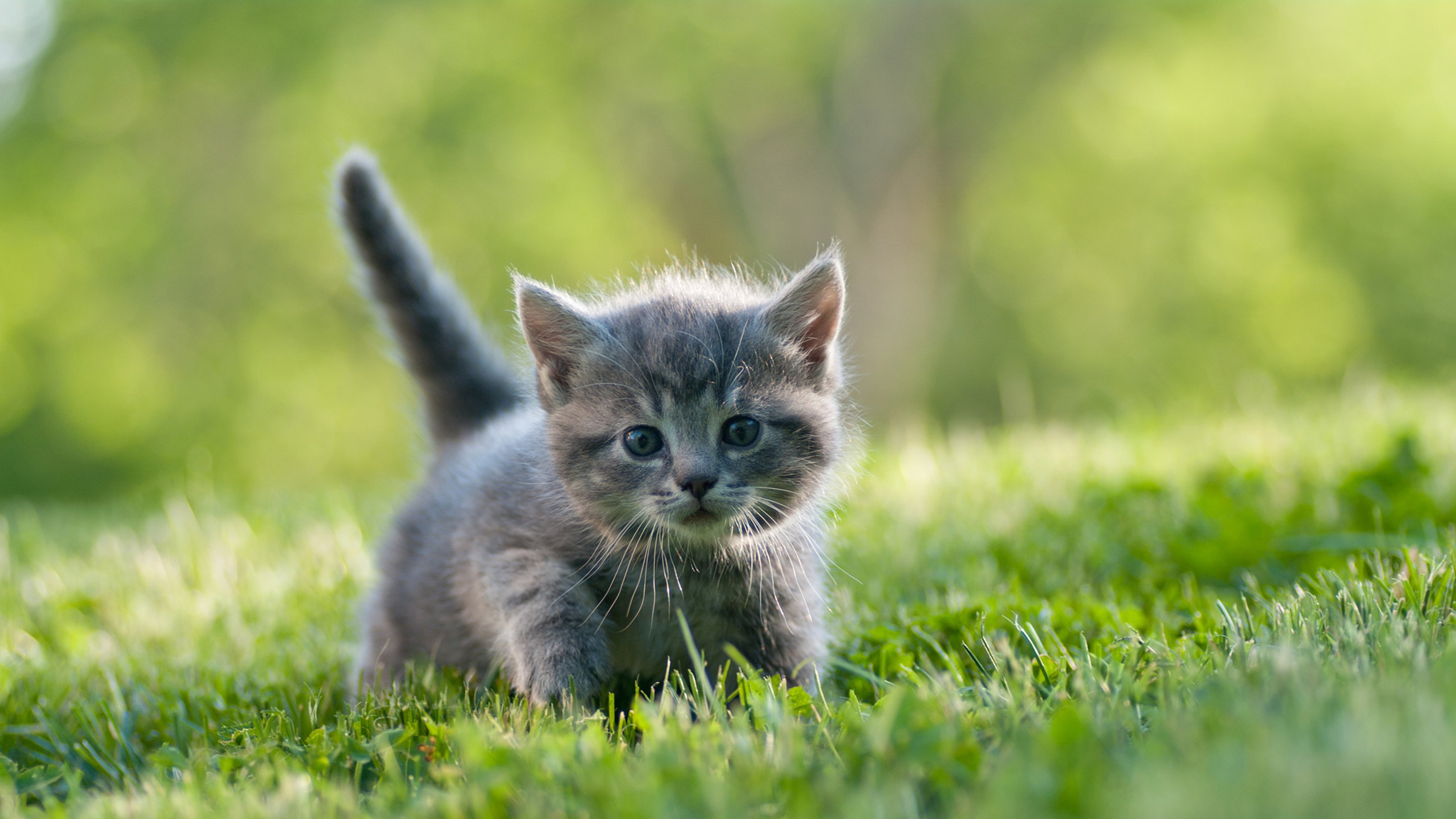Kittens First Jabs Uk
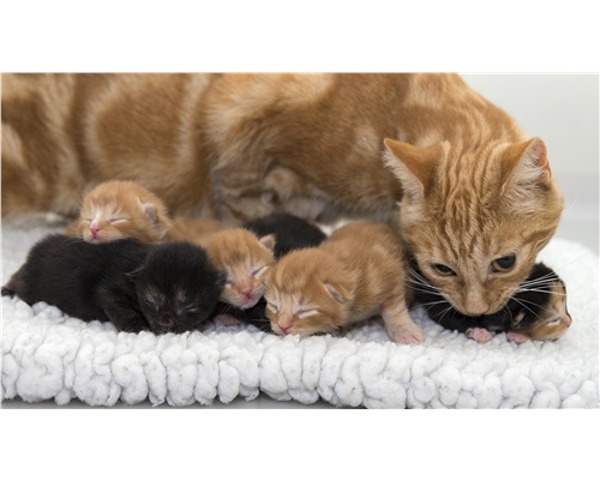
Too late and kittens will be left susceptible to infection.
Kittens first jabs uk. Free unsupervised access to the outdoors should only occur once your kitten is neutered as kittens can get pregnant from only four months old. Four months old is the earliest kittens can be neutered. A booster follows this first vaccination 12 months later and then again once a year throughout the cat s adult life. The first treatmentis given by injection between 8 9 weeks of age.
When to get vaccine shots or jabs for your pet when puppies kittens and kits are born they are usually protected from infections by their mother s milk providing she has been regularly vaccinated. Until your kitten is fully vaccinated and neutered you should keep him or her inside. This timing is important too early and the antibodies they receive from their mother will interfere with the immune response to the vaccine preventing it from working properly. It is passed on through direct contact with infected cats and is fairly common in the uk.
Keep your kitten safe inside until at least a week after finishing the first course of vaccinations at 13 to 14 weeks old depending on the vaccine. After this kittens and cats usually need booster vaccinations every twelve months. Keep the vaccination record safe and check whether your vet practice offers a vaccination reminder service. How do i let my kitten out for the first time.
Your kitten s first health check make a vet s appointment soon after you bring your kitten home so that it can be examined and treated for fleas and worms and have its weight eyes ears and. Feline panleukopenia virus feline infectious enteritis or feline parvovirus this is a highly contagious virus and can often be fatal particularly for young kittens. The first vaccinations should be given to kittens from around eight to nine weeks of age. It can progress to affect their lungs stomach intestines and reproductive tract.
Kittens usually start with a course of two injections given at nine and 12 weeks. Choose a dry day and a quiet time and accompany your kitten outside allowing them to explore their new environment. Feline chlamydophilosis is caused by chlamydophila bacteria which used to be known as feline chlamydia and usually attacks a cat s eyes and nose first. The most common symptoms are vomiting diarrhoea fever dehydration even if they keep drinking loss of appetite and less commonly nervous signs associated with brain damage.
The schedule for kitten and cat vaccinations is very similar to that required for dogs and puppies.




